Symptoms of Endometriosis

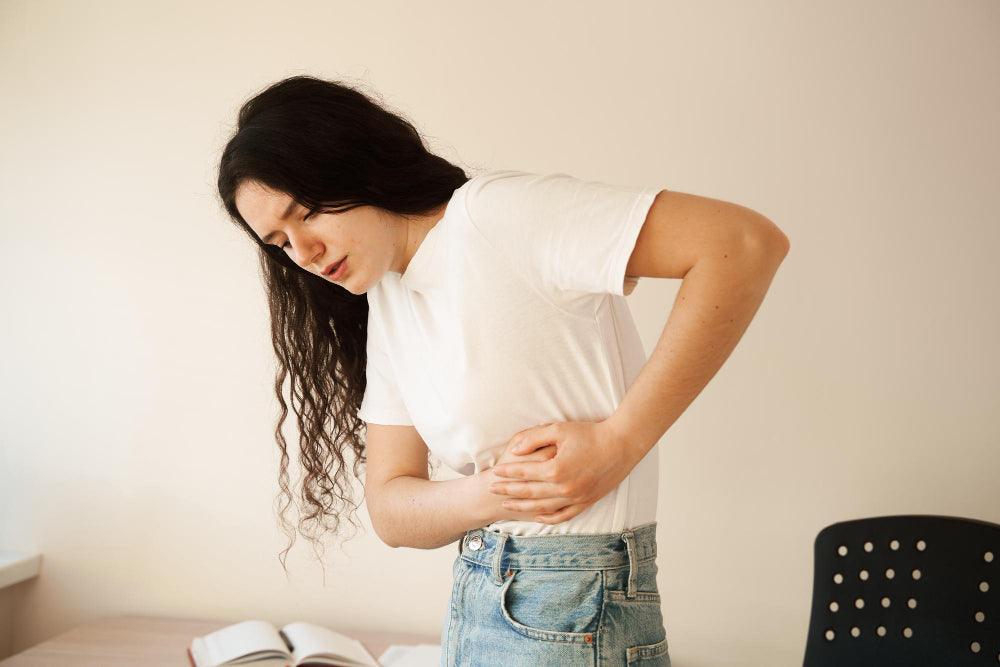
Related products
What’s covered?
Symptoms of Endometriosis

Endometriosis is the deposition of uterine inner lining tissues in areas other than the uterus. Women with endometriosis can have a regular menstrual cycle which is why they are usually unaware of it unless the pelvic pain gets unbearable and they seek medical attention. This condition is associated with excruciating pain with heavy bleeding since the endometrium (inner lining of the uterine cavity) has a rich blood supply. Endometriosis most commonly involves ovaries which can cause infertility if not treated well on time.
Endometrial Tissue
Endometrial cells and tissues can grow anywhere inside the abdominal or pelvic cavity. The most common site of involvement is the ovaries which may eventually lead to infertility.
Other areas where the uterine tissues may deposit are:
- Uterine Ligaments are the structures that hold the uterus in place to support itself and the adjacent ovaries. Endometriosis in the uterine ligaments will present itself with pelvic pain and very painful menstrual cramps.
- Bladder Wall involvement will cause pain while emptying the bladder.
- Bowel involvement will cause dull pain in the abdomen. This pain will increase with bowel movements and defecation.
- Fallopian tubes attached to the ovaries involvement is also common. If a female with undiagnosed endometriosis gets pregnant, there are high chances of ectopic pregnancy(implantation and growth of the fertilized egg in the fallopian tube), which is a health emergency.
What are the symptoms of endometriosis?
Symptoms of endometriosis vary from person to person, depending on the severity of the condition. Its symptoms develop over time, which is subjective to each woman. We'll discuss these symptoms in the following text to help you understand your condition better.
1. Pain
Lower abdominal and pelvic pain is one of the most important indicators of endometriosis. The pain is usually described as being very sharp in character.
The pain begins a few days before the menstrual period and may continue after the period too. This pain during menstruation, also called dysmenorrhea, is very debilitating in patients with endometriosis. It is because the abnormal uterine tissue in other organs bleeds and has no way to escape the body, which causes excruciating pain. This may hinder the patient from doing normal daily activities. It also results in painful urination and defecation during menstruation.
The pain is not only associated with menstrual periods but also throughout the month. It may change in intensity and character during menstruation, but chronic pain in the pelvic area is a symptom of endometriosis.
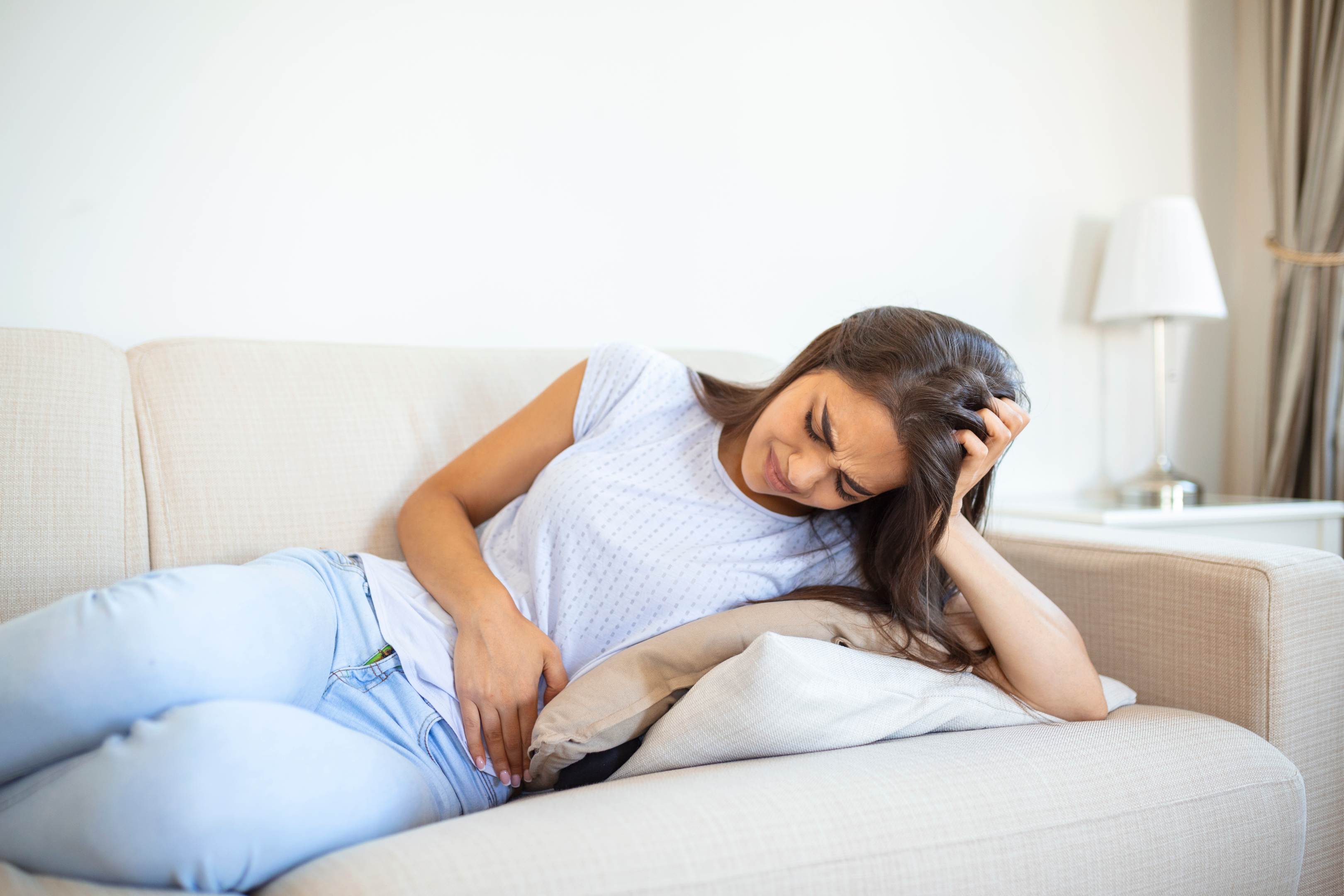
2. Abnormal and painful menstrual flow
Endometriosis is also known for causing heavy menstrual bleeding, which is called menorrhagia. The exact cause for this is unknown but excessive blood may be from organs where abnormal endometrial growth has occurred.
Intermenstrual bleeding, commonly known as 'spotting', also occurs during the course of endometriosis. This means that you may experience bleeding between your periods.
Another outcome of the condition can be the occurrence of menstrual periods during the cycle when they are not due. This may point toward the fact that your menstrual period is irregular due to bleeding from abnormal uterine tissues.
3. Fatigue
Fatigue is a constant feeling of tiredness or weakness that can be physical, mental or both. It is a symptom commonly felt by most women suffering from endometriosis. It is due to the general discomfort and pain associated with the condition. Low iron levels due to heavy menstrual bleeding and excessive blood loss may also exacerbate the condition. Generally, the stress levels of women with endometriosis are also high, thus predisposing them to fatigue and its side effects.
4. Bowel problems
Bowel problems are frequently found in women with endometriosis. It is usually seen when the endometrial tissue has grown in the vicinity of digestive organs such as the colon or rectum. In such cases, bowel movements are extremely painful. This may also lead to diarrhoea or constipation, making it difficult to defecate.
5. Endometriosis affects fertility
Endometriosis is usually implicated as a cause of infertility. The exact reason is still not fully understood. It might be due to the pathological effects of adhesions and inflammation of the extra-uterine endometrial tissue. Another reason for infertility might be the blockage of uterine tubes by the endometrial tissue. Whatever the reason may be, women with endometriosis usually struggle to conceive.
Treat Endometriosis
Both medicinal and surgical interventions have been found to be successful in treating endometriosis for good.
Medicines
The aim of the medicinal approach in this condition is to relieve the painful menstrual cramps and regress the abnormal endometrial tissue growths. For this purpose, Non-steroidal anti-inflammatory drugs (NSAIDs) are prescribed by doctors. NSAIDs are supposed to knock down the prostaglandin chemicals. These chemicals cause severe uterine muscular contractions to expel the menstrual flow during menstruation. Painful cramps and heavy bleeding is relieved when prostaglandins are temporarily shut down from causing the scene. Other painkillers may include paracetamol as well.
Endometriosis Surgery
In severe cases of endometriosis, medicines may not be efficient in relieving the severe symptoms. In such instances, endometriosis surgery can be performed to remove endometriosis tissues. Following surgical procedures are practised to eradicate endometriosis while the patient is under general anaesthesia.
-
Laparoscopy
-
Laparotomy
-
Hysterectomy
The above modes of surgical interventions are suggested to all women of reproductive age with advanced endometriosis, except for hysterectomy. Hysterectomy is the partial or total removal of the female's reproductive organ, which means that she will be incapable of getting pregnant in the future. So this surgery is suggested only to those females who do not intend to have children or for menopausal women. These surgeries may remove endometriosis lesions while leaving only scar tissue behind. However, the endometrial tissue may regrow in some cases due to unknown causes. Hence, regular follow-ups are recommended even after surgical excision of endometriosis.
Conclusion
Endometriosis is an obscure condition which is seldom diagnosed at its early stages. Its symptoms are quite misleading and may interplay without giving a clear sign. Hence, it is crucial to consult a healthcare worker if you ever notice any of the symptoms stated above.
To find a suitable pain relief medication for your concerns, complete an online consultation with us here.




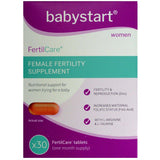






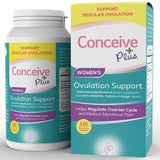


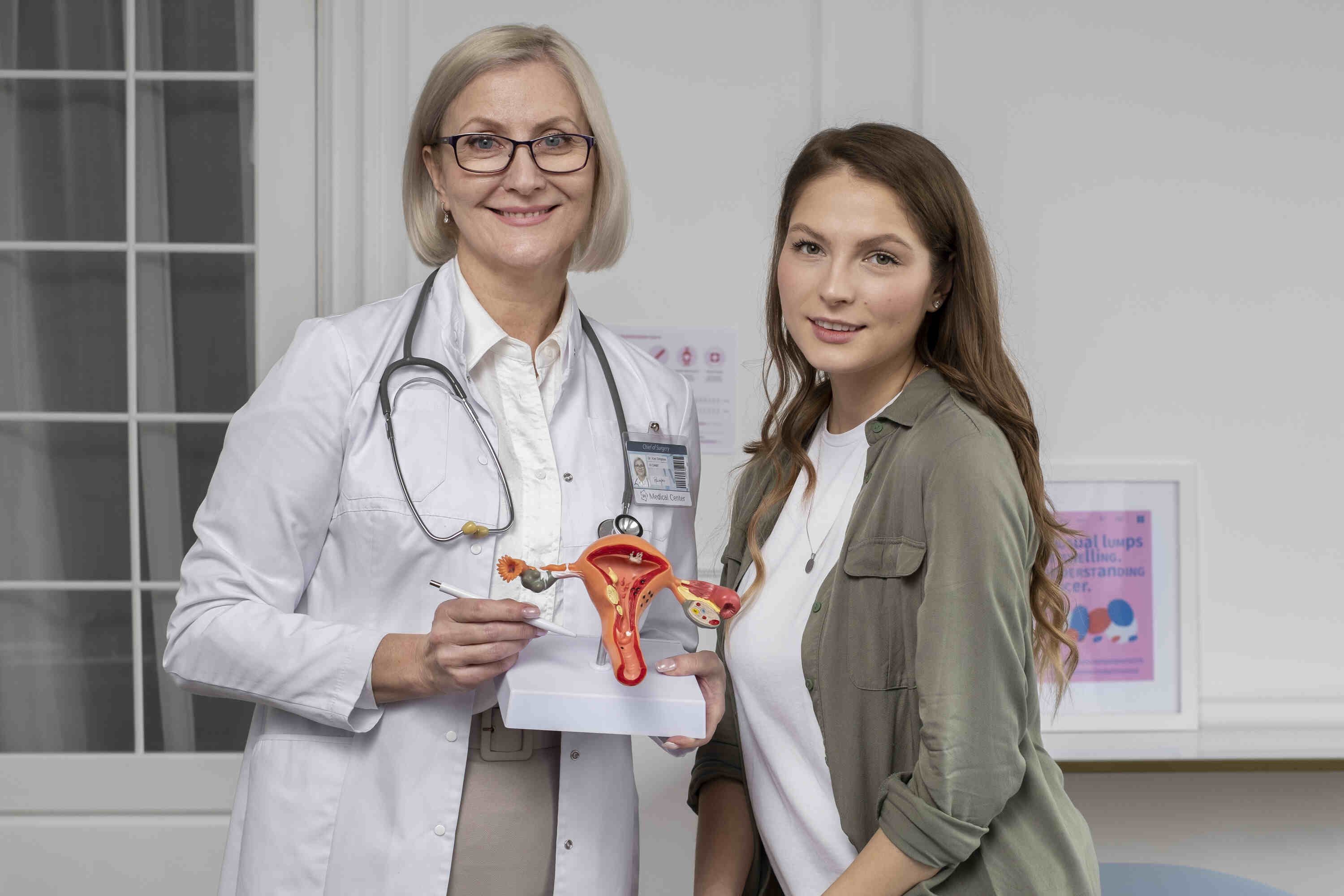




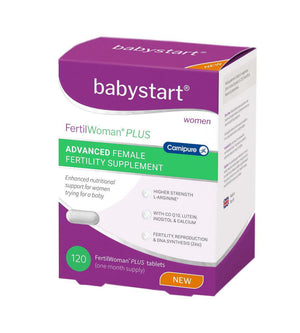
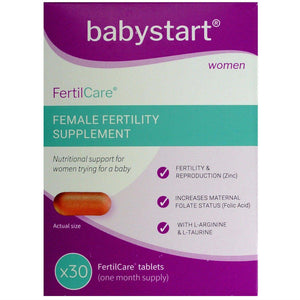
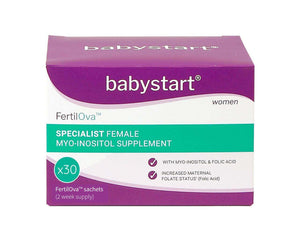





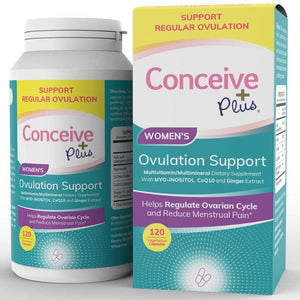




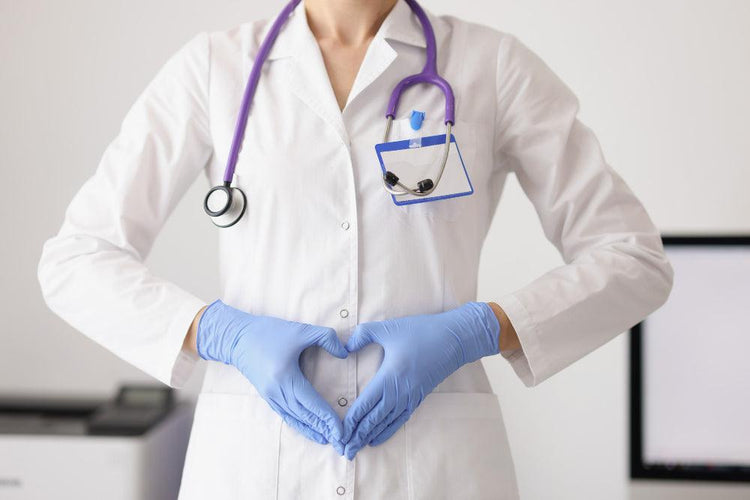
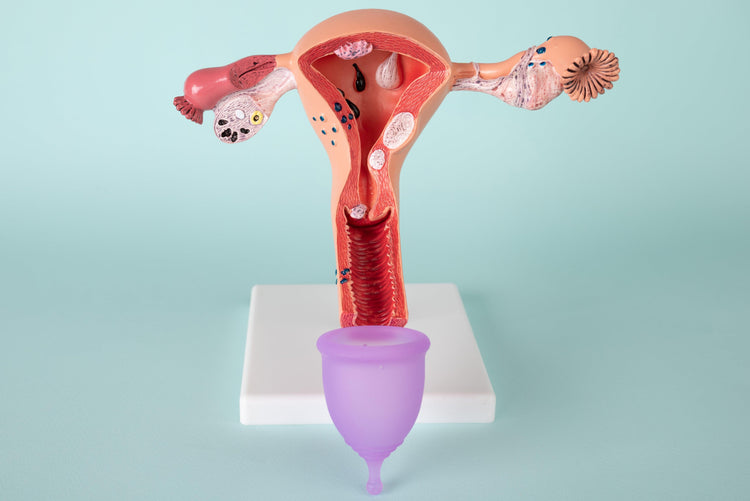




 Rated Excellent by 26,523+ Reviews
Rated Excellent by 26,523+ Reviews